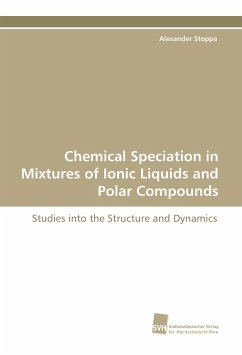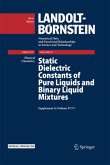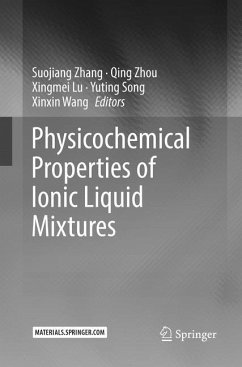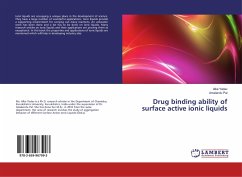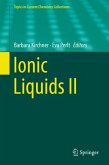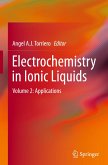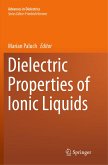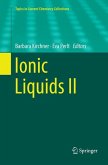Ionic liquids (ILs) are regarded as an exciting class of versatile materials, because they combine a number of outstanding properties, like high thermal and electrochemical stabilities, and the option of tuning various physical and chemical properties. For technological purposes ILs will rarely be employed in neat form: almost invariably they will be diluted either by reactants and products or by the presence of a co-solvent, deliberately added to optimize the physical and chemical characteristics of the IL. It is essential to be aware of the effects of added compounds, either impurities or co-solvents, on the physico-chemical properties of ILs. The thesis presents reliable values for the densities, conductivities, molar conductivities, and excess molar volumes of various imidazolium-based IL + polar solvent (acetonitrile or methanol) mixtures, which have established that much of the available literature data are of doubtful quality. The main part of the thesis deals with the analysis of dielectric spectra, yielding information on ion-ion and ion-solvent interactions and the transition from molten-salt like to electrolyte-solution like behavior in IL + polar solvent mixtures.

